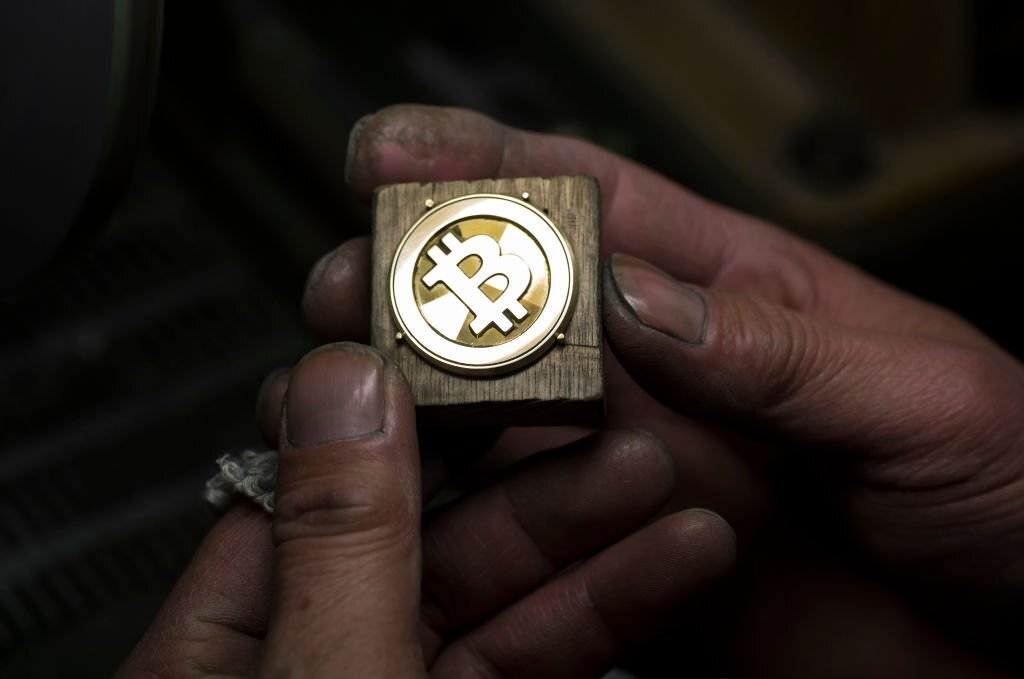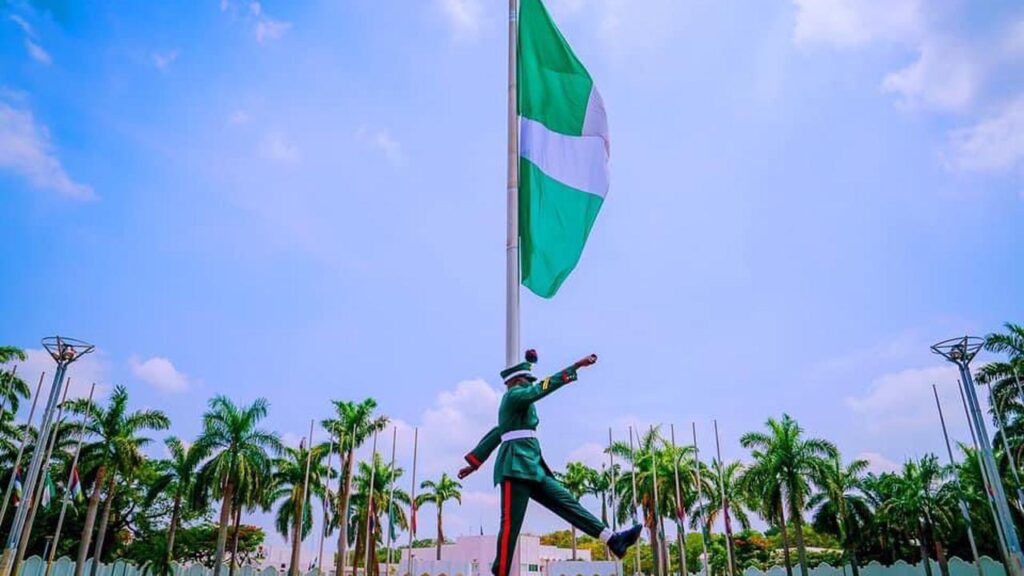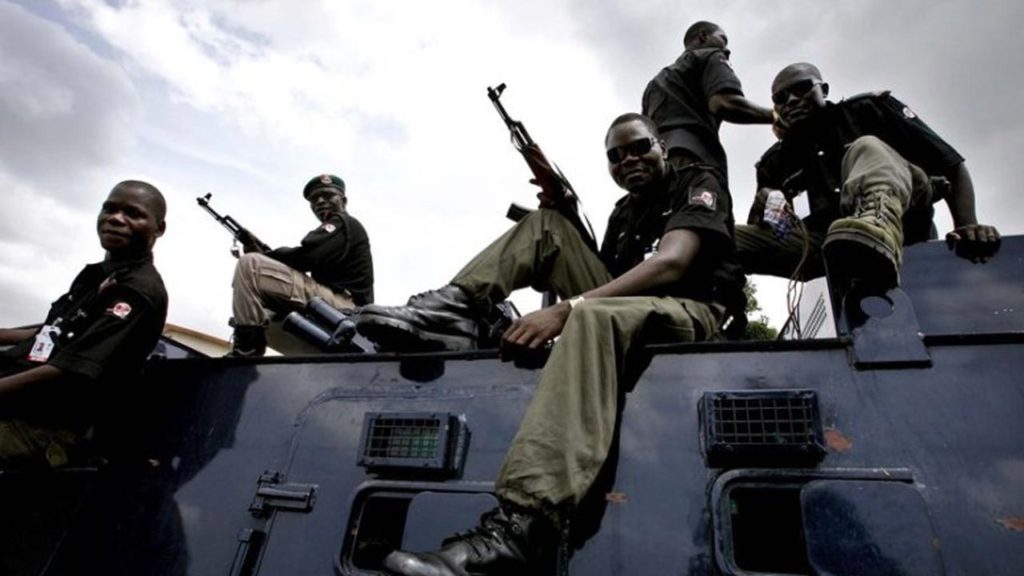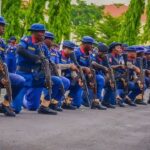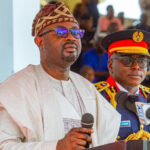
Power and Equity Theory: This theory acknowledges the potential for power imbalances and inequities between parties in a mediation process. The mediator must be attuned to these dynamics and take active steps to ensure that both parties have a fair and equal opportunity to voice out their concerns and participate in the process. Hence, this may involve utilising specialised techniques, such as separate caucuses or changing communication styles, to ensure a level playing field. However, this theory has its limitations; for instance, with respect to family disputes according to Rachel M. Field, in her article titled- “Mediation and the Art of Power (Im) Balancing” quipped thus:
“Relying on a mediator’s ability to assess when a circumstance of power imbalance is extreme enough to justify termination, or to decide that a party is feeling intimidated, or that a settlement is unfair, places a woman’s physical and emotional safety squarely in the hands of the mediator. This is too risky. Mediators too can fall prey to the charms of perpetrators of violence, and the tactical manipulations of those with the balance of power in their favour. Before an imbalance can be redressed by mediators, if indeed that is possible and I doubt that it is, the mediators must be aware of its existence.
If this information does not arise through questioning at intake (as well it might not if a woman chooses not to discuss it, it is hardly likely to be raised by the perpetrator), it places the burden of a belated embarrassing (and unlikely) ‘admission’ on the part of the woman, or reliance on the mediators’ skills in power imbalance identification.”
Emerging skills in mediation required by the peace and conflict resolution unit of the NSCDC
To be an effective and well-grounded mediator, there is a need for mediators to continuously develop and refine their skills to meet the evolving needs of parties to disputes and the rapidly changing landscape of conflict resolution. To stay up to date, with emerging trends and best practices in the dispute resolution field, mediators need to always embark on continued education, training, and professional development. Emerging mediation skills required by mediators include but are not limited to:
Emotional Intelligence: It is always paramount for a mediator to during the course of mediating a dispute to maintain a neutral and empathetic outlook, while helping parties navigate the murky waters of conflict. The level of emotional intelligence displayed by a mediator will help win the confidence or otherwise of the disputing parties.
Cultural Competence and Knowledge: Cultural competence refers to an individual’s potential to function effectively in intercultural situations. The myriad conceptualizations of cultural competence can be broadly classified as intercultural traits (enduring personal characteristics that describe what a person typically does in intercultural situations); attitudes. Developing cultural competence helps us understand, communicate with, and effectively interact with people across cultures. It gives us the ability to compare different cultures with our own and better understand the differences. As mediation often involves disputing individuals from diverse backgrounds, mediators need to be culturally experienced to decipher and respect cultural differences. This includes being aware of cultural norms, values, and communication styles.
Advanced Communication Skills: To be a well-grounded mediator, both excellent verbal and non-verbal communication skills are required. Advanced communication skills required by a mediator include active listening, verbal articulation, presentation skills, negotiation, reframing, summarising and paraphrasing to aid constructive dialogue and understanding.
Technological literacy and proficiency: There is no gainsaying the fact that technology has positively impacted how ADR cases are conducted. Hence, any mediator who desires to thrive successfully in the dispute management space must embrace new information technologies and empower him or herself to utilise the latest cutting-edge technological tools. In this wise, for the mediators in the Peace and Conflict Resolution Unit of the Corps to maintain a competitive edge in the dispute management sphere, it is inevitable for them to take advantage of emerging technologies and integrate modern innovations to boost efficiency and productivity.
Most humbly, I would also like to implore the NSCDC to also consider online mediation with respect to certain minor cases, which do not necessarily require the physical presence of the disputing parties. Based on data made available to me on request by ACC. Oluwakemi Anjorin Olamiotan, the Peace and Conflict Resolution Unit of the NSCDC Osun State Command, between January 2023 and February 2024, handled 307 cases. However, with the possible introduction of online mediation in future, a significantly higher number of cases can be mediated upon by the NSDC.
Conflict Resolution Techniques: It is expedient for mediators to be knowledgeable about different conflict resolution techniques and models. As harped on earlier in my paper, mediators often utilise a combination of components from different theories (communication theory, interest-based negotiation, principled negotiation, and transformative mediation) to guide their approach to the specific circumstances of each dispute.
Ethical Decision Making: Mediators must strictly adhere to always, a strong code of ethics and make ethical decisions throughout the mediation process. In this wise, a mediator must maintain confidentiality, ensure parties willingly consent to the mediation process and effectively manage conflicts of interest that may arise in disputes. However, earlier in this paper, I have harped on the fact that the NSCDC does not have any law/regulation detailing the scope of the mediation process or guidelines for the scope of mediation services to be offered to the public.
To be continued tomorrow.
Oladinni is the Senior Legal Adviser to the Attorney-General and Commissioner for Justice, Osun State and delivered this paper at a seminar for senior officers of the NSCDC, Osun State Command, recently.









